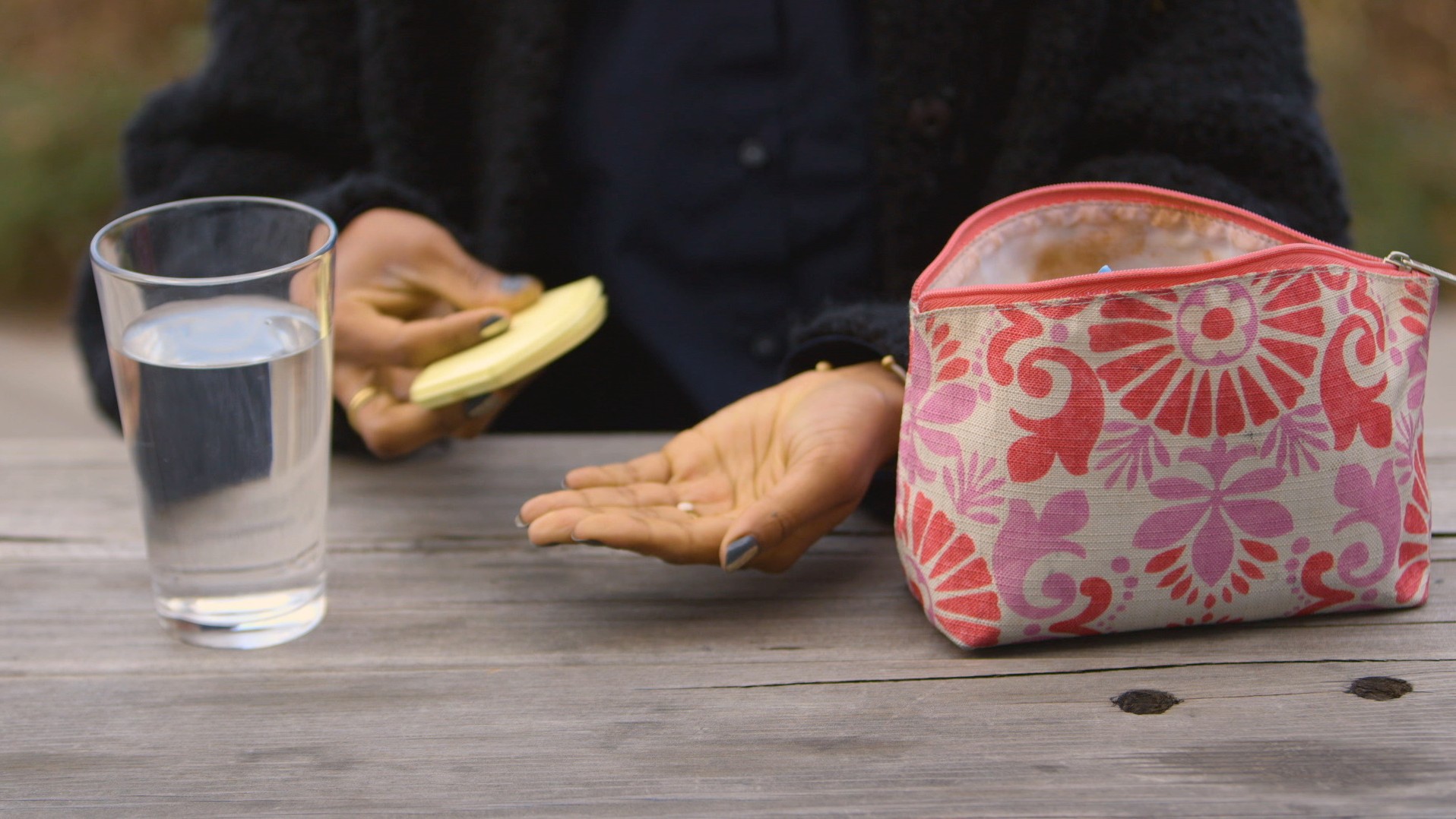Photo by Studio Firma via Stocksy
As DIY abortions increase across the UK, new research helps explain why more women and girls are turning to the internet to procure widely used abortion medicines.A study published in medical journal Contraception surveyed 519 women over a four-month period between November 2016 and March 2017. All the women had requested assistance from Women on Web—an online service that provides women with safe and commonly used abortion pills in countries where there is no access to such medical services.Although abortion has been legal in mainland Britain for 50 years, 49 percent of the women reported that they had experienced difficulty accessing abortions through the National Health Service (NHS). Commonly cited reasons included the distance from their homes to the nearest clinic, the length of waiting times, and childcare and work commitments that made it impossible to seek help."I am currently between seven to eight weeks pregnant and want a medical termination," explained 30-year-old Alison, one of the case studies cited in the report. "However all abortion services in the UK are heavily backed up and cannot offer me an appointment for over three weeks." The thought of remaining pregnant for weeks—and being forced to have a surgical abortion, rather than a medical abortion—was too much to bear. "I can't endure the mental anxiety of staying pregnant for another three weeks and then having a surgical procedure," she explained.Self-inducing an abortion is illegal in the UK and carries a maximum sentence of life imprisonment. While MPs voted in favor of decriminalizing abortion earlier this year, the law has yet to be amended despite support from the British Medical Association and the Royal College of Midwives.
**Watch: **The History of Birth Control
Past research suggests that DIY abortions have increased across the UK (including in Northern Ireland, where abortion remains illegal). Data from the Medicine and Healthcare Products Regulatory Agency shows that abortion pill seizures rose 75-fold between 2013 and 2016 as an increasing number of women bought the medicine online."This study really underlines the need to reform our abortion law so that we can provide a better service for women and remove clinically unnecessary barriers to their care," explains Olivia Marshall of the British Pregnancy and Advisory Service (BPAS).The research also highlights how vulnerable people—domestic abuse survivors, low-income women, or those in remote parts of the country with long drives to their nearest clinics—are being failed under the existing system despite theoretically having access to free healthcare.
Advertisement
Other women were excluded from obtaining abortions because of an NHS requirement to attend multiple clinic appointments. "I am only two weeks pregnant, I already have three kids, and I am a single working mum," said 31-year-old Linda. "I am unable to go to the hospital, as I do not have the funds to pay for childcare while I would be in there. I am unable to take time off work and I can't tell my family so there is no one I can ask to look after the kids. I really need to do this in my own home."Read more: The Irish Government Is Seizing an Increasing Number of Abortion Pills
Advertisement
**Watch: **The History of Birth Control

Past research suggests that DIY abortions have increased across the UK (including in Northern Ireland, where abortion remains illegal). Data from the Medicine and Healthcare Products Regulatory Agency shows that abortion pill seizures rose 75-fold between 2013 and 2016 as an increasing number of women bought the medicine online."This study really underlines the need to reform our abortion law so that we can provide a better service for women and remove clinically unnecessary barriers to their care," explains Olivia Marshall of the British Pregnancy and Advisory Service (BPAS).The research also highlights how vulnerable people—domestic abuse survivors, low-income women, or those in remote parts of the country with long drives to their nearest clinics—are being failed under the existing system despite theoretically having access to free healthcare.
"Making healthcare services available does not automatically make them accessible or acceptable," writes Abigail Aiken, the lead author of the study. "To close the healthcare gap for the most vulnerable and marginalized, we need to find innovative ways to bring services to people where they are."According to BPAS spokesperson Clare Murphy, the solution is to overhaul our existing healthcare policies to make them more women-centred—and to immediately decriminalize abortion, too. "It's high time to create a framework that meets the needs of women today, respects their ability to make their own decisions about their own pregnancies, and provides them with accessible high quality healthcare services to exercise that choice."
